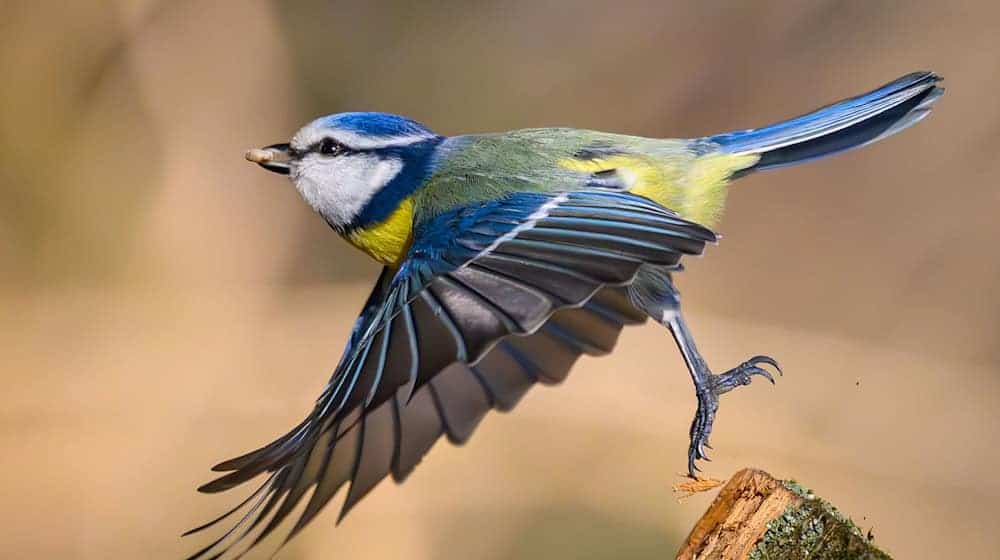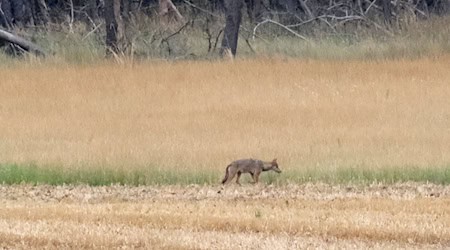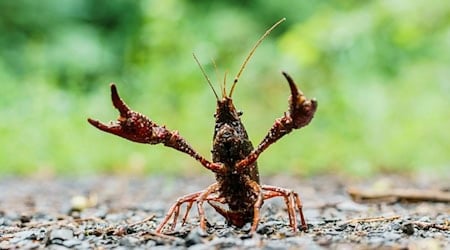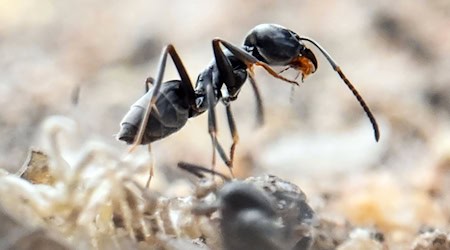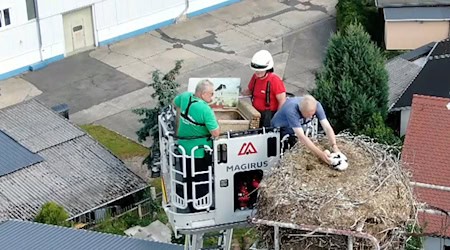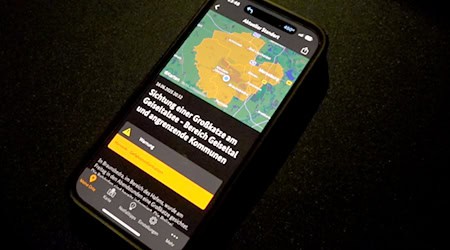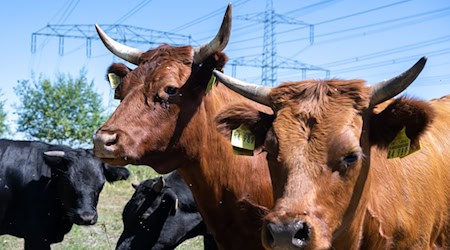According to the Nabu association, fewer and fewer garden birds are being spotted in Germany. The German Nature and Biodiversity Conservation Union (Nabu) in Saxony points to a continuing negative trend in view of the interim results of the current bird census.
"It is well known that the bird world as a whole is not doing well due to the environmental changes and destruction of nature caused by humans. Birds are bioindicators, so the poor state of birdlife allows conclusions to be drawn about the poor state of ecosystems. Food sources and nesting opportunities are increasingly being lost, exacerbated by climate change and insect mortality."
House sparrow, great tit and blackbird are in the lead
Bird sightings can still be reported until May 19 as part of the "Garden Bird Hour" bird count. According to Nabu, around 35,000 birdwatchers across Germany had reported around 680,000 birds by Sunday evening.
From Leipzig, there were observations of 75 different species. The tree sparrow continues to be of particular concern. Compared to the previous year, a decrease of 19 percent has been recorded nationwide, and 12 percent in Saxony.
Blackbirds lack nesting opportunities and sufficient food
As almost every year, house sparrows, great tits and blackbirds take the top spots in the census. But here too, a negative trend of minus 13, minus 9 and minus 14 percent can be observed, it said.
The blackbird, which has adapted well to life in settlements, is facing increasing problems. Nesting opportunities in shrub hedges, for example, are being removed, while dry summers lead to a lack of food because the blackbirds can no longer find earthworms in the dry, hard soil. Added to this is a virus.
In Leipzig, as in Germany, the house sparrow came in first place, followed by the swift. The wood pigeon, great tit, blackbird and blue tit were also among the top ten.
Copyright 2025, dpa (www.dpa.de). All rights reserved

